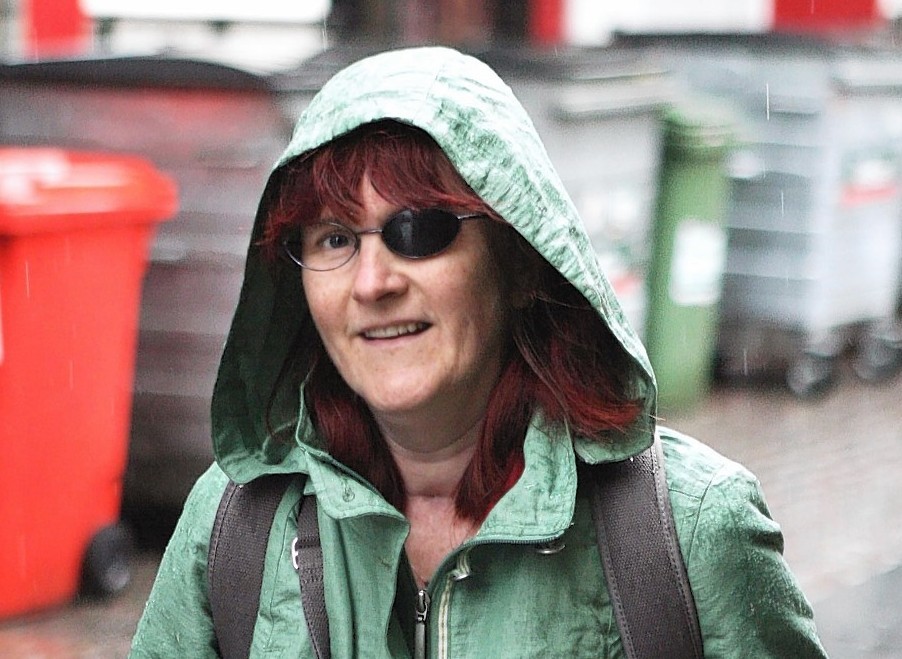The head of Scotland’s prosecution service yesterday defended the decision to sack their top laywer in Inverness.
Catherine Dyer said that she viewed Emma Knox’s offence as a “serious and significant offence in which she caused a serious accident which caused another person to have hospital treatment”.
Mrs Knox, appointed the city’s procurator fiscal in 2009, was dismissed after admitting she caused a head-on collision near her Kirkhill home on the A862 Inverness-Beauly road, in December 2012.
The mother-of-two suffered serious skull, neck and rib fractures, as well as brain and nerve damage, spending three days in a coma, and months learning to walk again as part of her recovery.
She is claiming unfair dismissal and breach of contract for not being given a period of notice, as well as unpaid wages, and is seeking to be re-instated or re-engaged by COPFS.
Mrs Dyer, Crown Agent and chief executive of the Crown Office and Procurator Fiscal Service (COPFS), gave evidence at an employment tribunal in Inverness.
During the second day’s proceedings yesterday, before a three-strong panel chaired by Reg Christie, Mrs Dyer said she had been in charge of Mrs Knox’s appeal hearing.
Referring to the original decision made by John Logue, director of the serious casework group at COPFS, she said he had taken a great deal of care, and looked at the options open to him.
When asked by Mr Christie why Mrs Knox’s exemplary record, and the injuries she sustained in the crash, did not make a difference to the decision, Mrs Dyer said people in public service must have the confidence of the public in carrying out their duties.
These factors outweighed all other considerations, she said, adding that people in public service should be “almost beyond reproach”.
She added: “Public confidence would be affected by a person, who has been convicted of an offence, prosecuting someone else who has committed that same offence.
“People injured, and bereaved relatives who have lost someone because of dangerous driving, would be horrified if we put someone in her position to talk to them,” she said later.
The tribunal also heard that Mrs Knox received an ex-gratia payment of £16,250, which was not due to her under her contract of employment.
Mrs Dyer said: “It amounted to three months pay, and was made to assist her financially while she sought re-employment, and in recognition of the organisation’s genuine sympathy for her personal circumstances.”
The hearing continues today.
